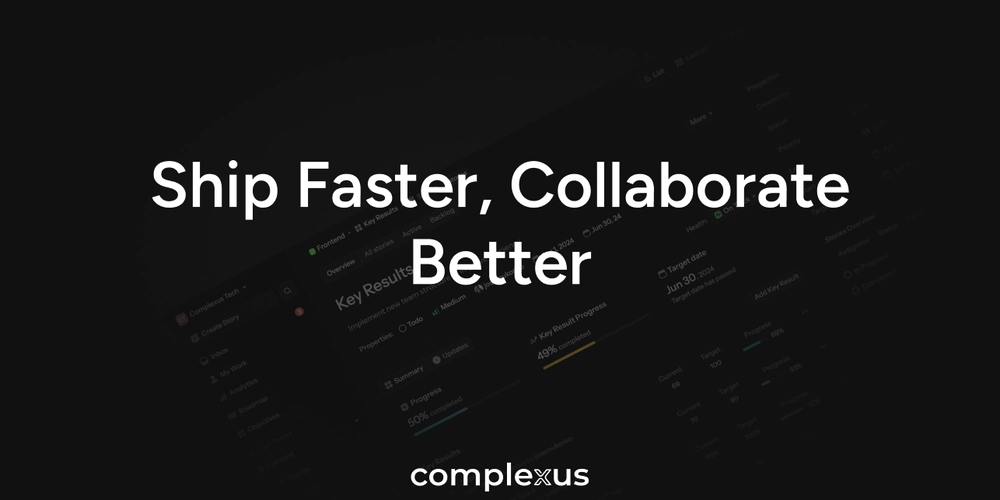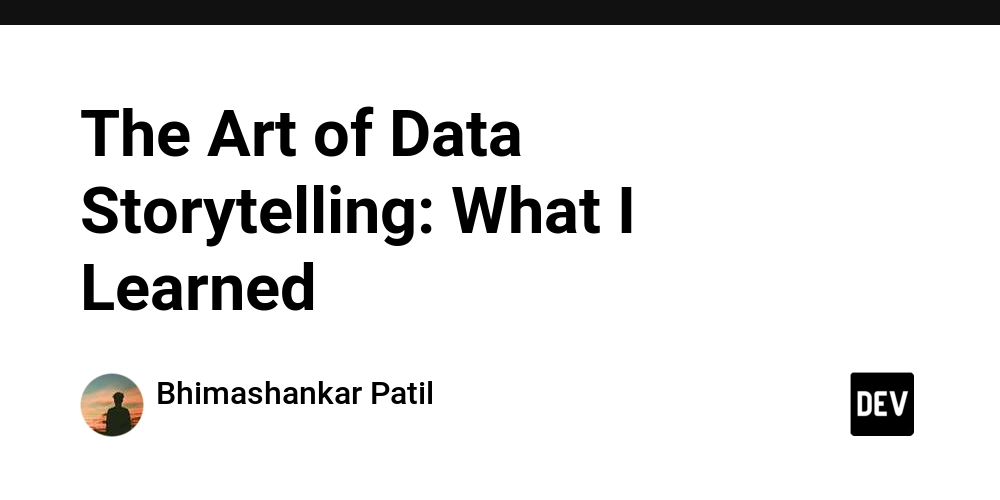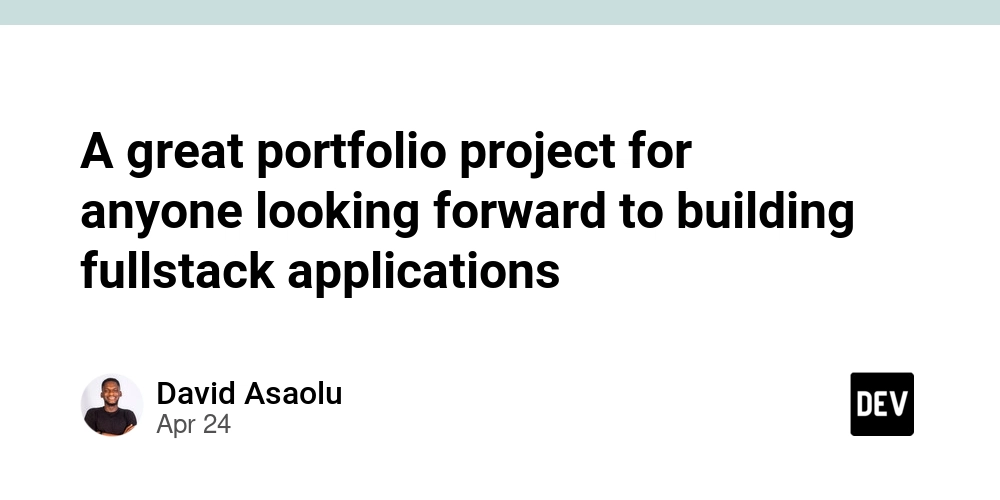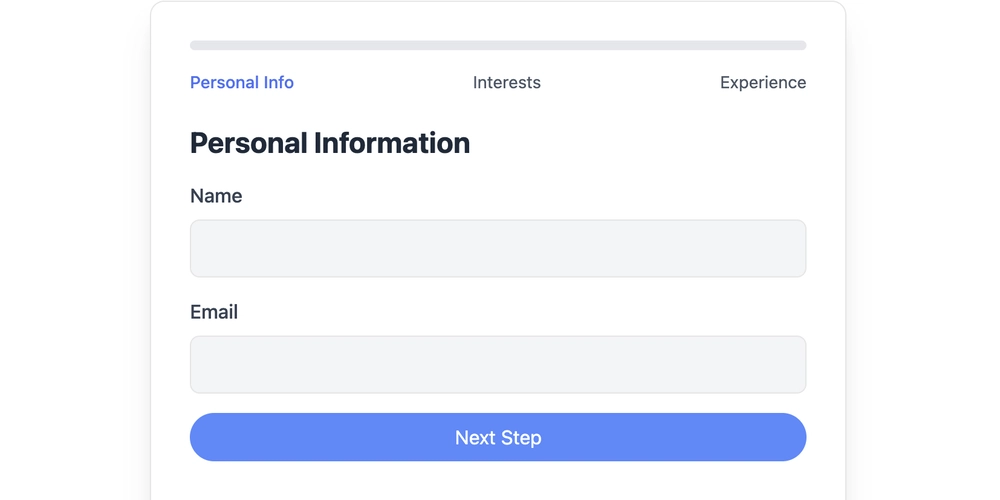
What Software Engineering Taught Me About Life, Teamwork, and Building the Future
Software engineering is more than just staring at a screen. Software engineering is about crafting the invisible logic that powers the world around us. It's about people, processes, and perspective, and how software can improve society.
Beyond the Code: Engineering With Empathy
At its core, engineering is about understanding and addressing human needs. You're solving for people, not just machines. This shift from problem-solving to user-centered design is what transforms a developer into a true engineer.
The Myth of the Lone Wolf Software Engineer
Early on, I imagined software engineering as a solo activity. The best engineers would lock themselves away and emerge with brilliant code.
But the truth is far from that. Even the most excellent code is useless if no one else can understand, maintain, or integrate it. Software engineers need to build systems people can use, trust, and improve. Effective software engineering involves teamwork and collaboration.
- Readable code is kind code.
- Make it clear and welcoming for others.
- This mindset makes you a better engineer and teammate.
Decoding the Real Problem in Software
One of the first lessons I learned is that the bug isn't always where you expect it to be. It might be in the logic, the miscommunication, or our own assumptions.
Software engineering teaches you to ask, "What's really going on here?" It requires patience, humility, and the ability to zoom in and out. This system-level understanding is what separates okay software engineering from exceptional software.
Tools Evolve, Principles Endure in Software Development
The tech world changes fast, but the core principles remain. New frameworks and stacks come and go. While it's tempting to try and learn everything, focusing on the fundamentals is a better investment.
These fundamentals provide a foundation for long-term success. They enable engineers to adapt, lead, and work across industries.
- Write clean, modular code
- Design for failure
- Prioritize readability
- Test early and often
- Document decisions
- Communicate clearly
Software Isn't Neutral: The Social Impact of Code
As my confidence grew, I noticed the social impact of the systems we create. Ethical considerations are crucial in modern software engineering.
Algorithms influence job candidate selection, content prioritization, and responses to bias and misinformation. These outcomes aren't accidental but are shaped by our engineering choices. Software isn't neutral, and we can't pretend it is.
Why I Still Love Writing Software
Despite the pressure, pace, bugs, and slow processes, shipping something real is incredibly rewarding.
That moment when a system clicks, you get praise from a teammate or user, or you solve a difficult bug – that feeling never fades. At its core, software engineering is a creative pursuit. You're turning logic into magic, one function at a time.
Final Thoughts: Cultivating Curiosity and Humanity
If you're new to software, learn the tools and practice the craft, but above all, stay curious. Stay human.
Great software comes from deep thinking, seeing connections, asking better questions, and caring about the people who use your work. Ethical software engineering is critical.
In conclusion, every bug you fix, system you design, and teammate you support contributes to something larger. You're not just writing code; you're building the future.























